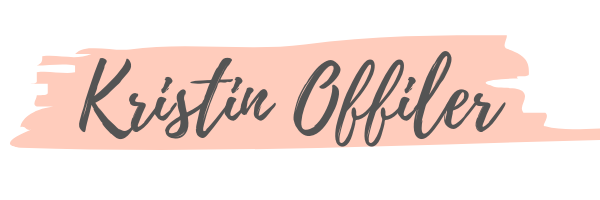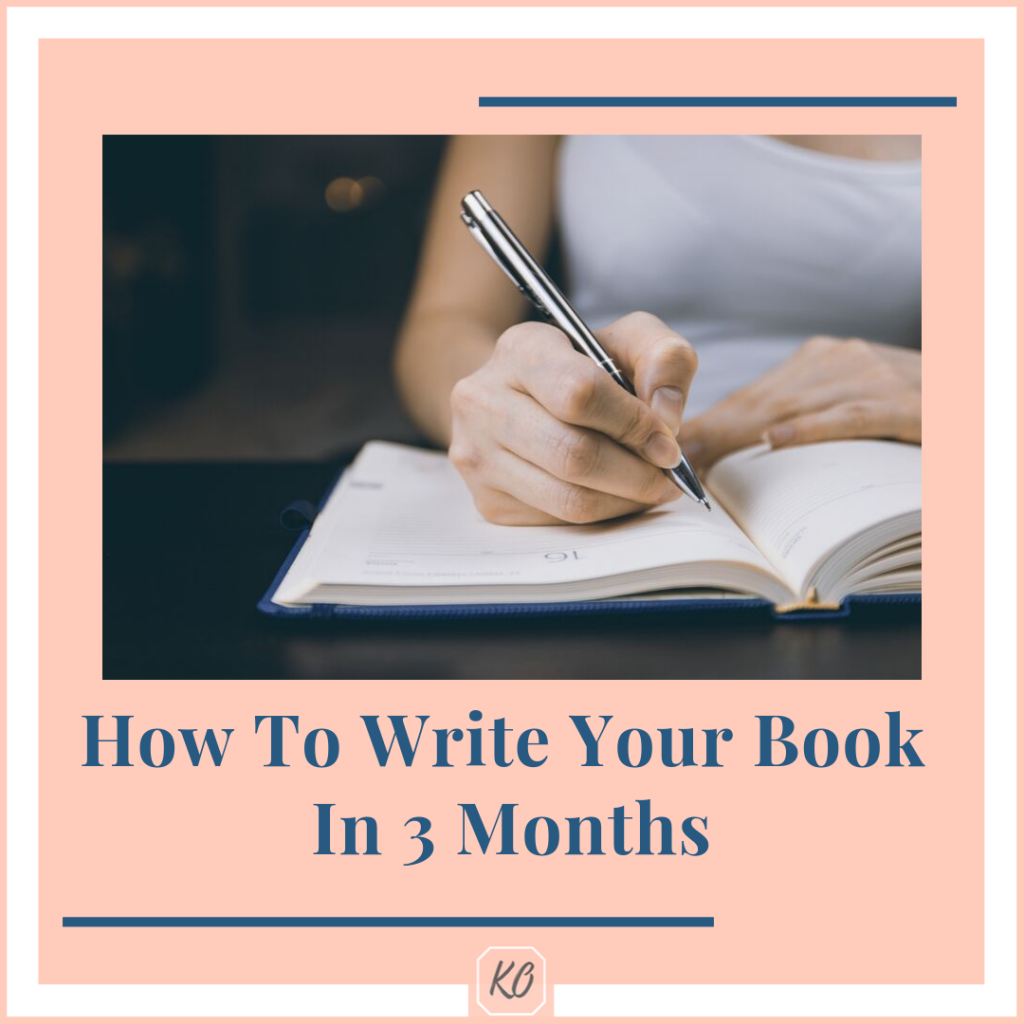How To Write Your Book In 3 Months
I’m writing this on October 1st, which means this is officially the start of the last three months of 2019.
It’s also the last three months of this decade. Let that marinate for a second.
Pretty soon it’ll be 2020, and some of us will be looking back and wondering how we let another year pass without starting/finishing our book.
You can either shame yourself for what you haven’t done, or you can look ahead and make a plan.
Because of National Novel Writing Month in November, many writers associate this time of year with marathon book-writing. I haven’t participated in NaNoWriMo in a few years, but I’ve done it enough times to understand what it is about it that works.
It creates a container with clear boundaries in which you can put your writing for a set amount of time. Some people just work better this way.
It’s comforting to know you just have to push yourself for a certain number of days, then you’ll have a completed draft.
It also works because when there’s a deadline to meet, you have less time for procrastination, overthinking, or resistance.
The amount of time is arbitrary, of course. But if you’re one of those people who love a deadline and some structure around project timelines, this is for you.
Plan!
This doesn’t mean outline, but it can. If you hate outlines, don’t even bother.
But what I would recommend is doing some light planning so you have mini-deadlines within your larger-scale deadline.
NaNoWriMo helps people write 50,000 words in a month, but here’s the truth: if you want to ultimately try and sell your book, 50,000 words is generally not long enough.
It would serve you well to do some research on comparable books in your genre so you understand, in general, how long they tend to be.
For me, the sweet spot is anywhere between 85,000-95,000 words. Anything more and agents might balk at the length. Anything shorter and it might feel more like a novella, which can be harder to sell.
Once you have your ideal word count figured out, break it down across three months. Will you write daily? A few days a week? Or have marathon writing sessions on weekends?
Give yourself markers to hit over the next three months, such as a monthly word count goal, a weekly word count goal, and a daily word count goal.
This isn’t writing prison, though. You can always change course if you need to! And the world won’t implode if you miss a deadline.
Make It Public!
Recruit some accountability to keep you going. That’s part of what makes NaNoWriMo so appealing and successful.
A lot of writers will share that they’re doing NaNo with their networks, and you can even see a writer’s progress on a little graph in their NaNo profile. Sometimes knowing that other people can see your progress is enough to keep you writing!
If you have writer friends, as them to check in with you every week to see your progress. You can also post regular updates on social media or create a new account entirely for tracking your writing life.
Just don’t get too distracted by the accountability part. If you’re spending more time sharing about your writing than actually writing, you won’t get very far!
Just Freaking Write!
This is the secret to writing a book. Just freaking write!
Ok, I know this oversimplifies the entire creative process of writing a book, but if you overthink it to the point of not writing… you won’t write.
Sometimes the best course of action if to actually take some action. Put pen to paper or fingers to keys and go. GO! Write write write.
If this scares you, it might be time for some perspective. Sorry if this feels harsh! It comes from a place of love, I promise.
First, the act of writing isn’t hard. Ideas aren’t limited. There are millions of things each day you could write about. The act of writing, of putting words on the page, is simple. You just… do it.
What feels scary or hard is the mental chatter around writing.
I’m not good enough. My writing is terrible. Who am I to write this? I have no idea what I’m doing. I suck at this. I don’t even know how to structure a story. What even is plot? This character is boring. My story is boring. No one will ever want to read this. I shouldn’t even bother. This is so bad it’s embarrassing. What if my mother reads this? What if no one ever wants to publish me? What if I try this and fail miserably? I’ll die of embarrassment.
There are elements of writing you can learn. Do you know how many writing books exist in the world?! I mean, if not, just ask me. I’ll send you a picture of a bunch of them on my shelf right now.
There are also blogs, videos, courses, masters programs all dedicated to teaching you about the craft of writing. You can learn anything you don’t yet know how to do well.
Everything you write can also be edited. Nothing is forever unless it’s going to print today. And even then, books can be published in multiple editions, right? So what are you scared of?
What you’re writing is a first draft (or maybe a second or third, depending on how you’re using this time).
My point is that every word you write can be changed. EVERY WORD! The whole thing can be scrapped and rewritten. You can fix plot holes, flat characters, or any other number of things you’re worried about in revision.
You don’t have to be afraid of not writing the perfect draft. All you have to do is write it, then you can fix it later.
Listen. If you want to write… just write.
It’s as simple as that. If it’s agony for you to not write, you must find a way to do it. If you’re a writer at your core, you know this to be true.
If not writing is genuinely no big deal to you, congratulations! You can exist without this particular creative pursuit in your life on a regular basis. It can be a hobby you dip in and out of throughout your life. That’s great, too!
But if you want to write a book and you want to do it over the next three months, it’s not only possible, it’s completely within your ability, too.
There’s beauty in writing a draft of something quickly, without lingering over your doubts or questioning your artistic choices.
Writing quickly allows you to open the tap of your creativity and let it flow without questioning what you’re doing.
Pour it all out. Why not? Don’t hold back any of it. Pour it all out quickly and with confidence. Forget perfection and self-doubt. Just write it. Let Future You decide what needs to be done to this draft.


Donna McKamy | 2nd Oct 19
Kristin yes I will. Thank you for this article. I have pieces done. I’ll get them lined out and see for sure what pieces need filling in. Cheers, girl!
Donna McKamy
Kristin Offiler | 2nd Oct 19
Hooray, Donna! So excited for you. You’ve got this!!